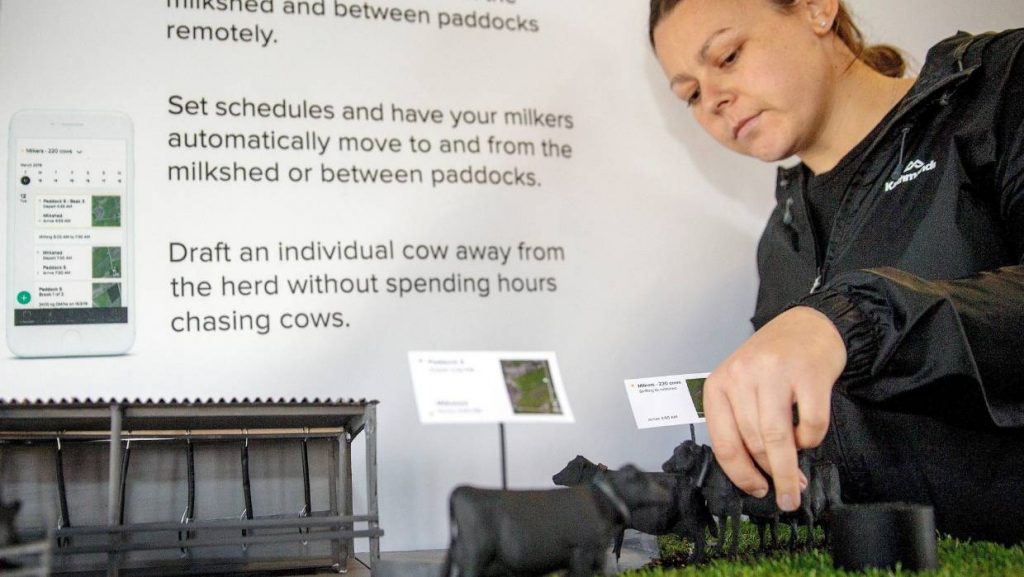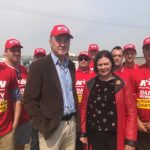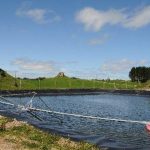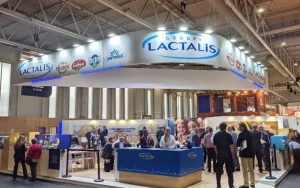
Armed with an engineering degree and a year’s experience building satellites for Rocket Lab, Piggott, 24, is now solving them with his own agri-tech invention.
His brainchild is a GPS-enabled collar powered by solar energy, named Halter, which was unveiled to farmers at the Central District Field Days at Manfeild, Feilding, on Thursday.
It self-herds cows and sends data about cows’ behaviour, emotions and health to a farmer’s mobile phone, saving time and money.
The collar makes warning sounds when a cow approaches a boundary, teaching it how far it can move into an area.
Farmers can set up schedules and have cows meet them at the milking shed, receive alerts when cows are on heat, calving or lame, and set up virtual fences to keep cows out of rivers and drains.
Until now the collar has only been used on Halter’s trial farm in Morrinsville, but it will soon be rolled out to other trial farms before hitting the open market.
Piggott never had a “lightbulb moment” or quit his job, but throughout his childhood he noticed farming was full of inefficiencies.
“Growing up I always thought: ‘Man, there must be a better way to do this’.”
When he started Halter in 2016, his vision was to reduce the intensive hours required to run a farm and the lack of technology supporting dairy farmers.
“A farmer trying to watch 1000 cows, it’s impossible. Stick a device on them and you can see exactly what’s going on.
“The device trains the animal [where it can and cannot go], based on audio cues… It’s similar to a dog barking.”
The collars are paid under a subscription model, where the collar is free and farmers contribute a monthly fee, per cow, based on the features they want enabled. Halter retains ownership of the collars and takes responsibility for their maintenance.
Patchy internet reception is no barrier, with connectivity only needed at the actual time instructions are sent to the collars.
The company uses communication technology suited to rural areas, where signals can be sent to collars up to 8 kilometres away.




















